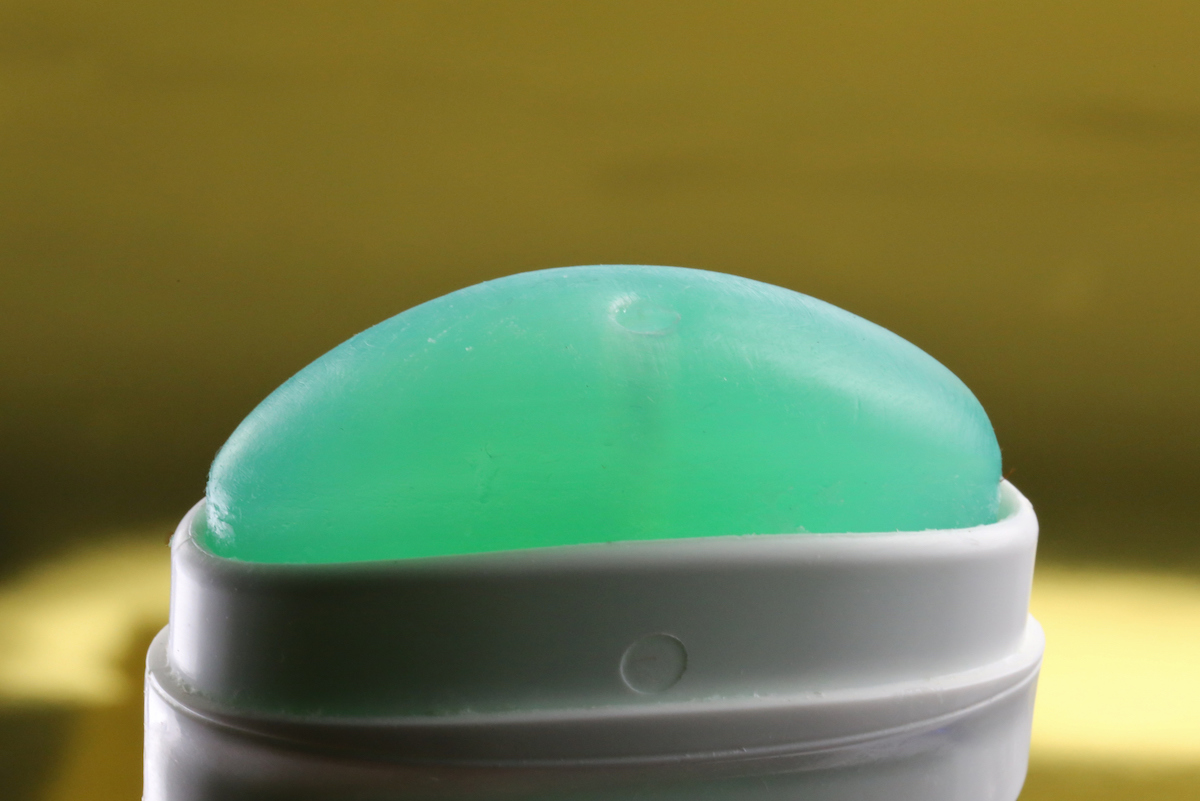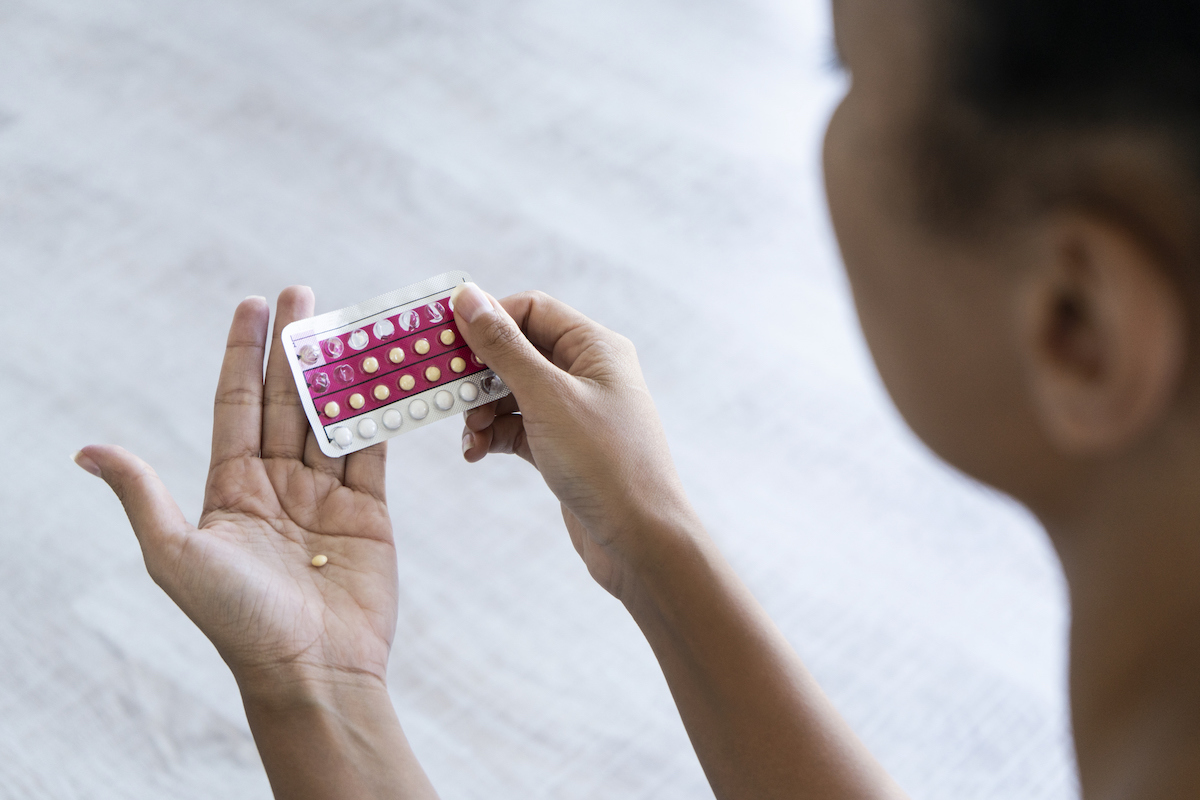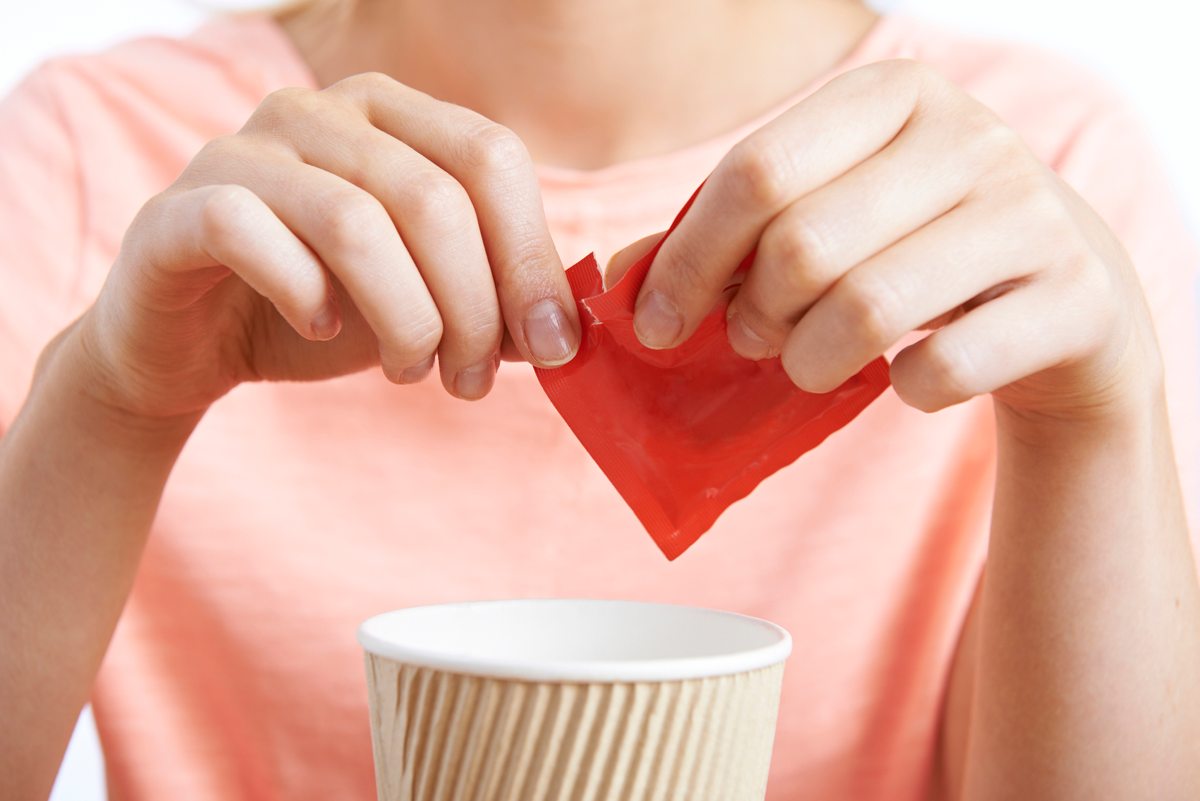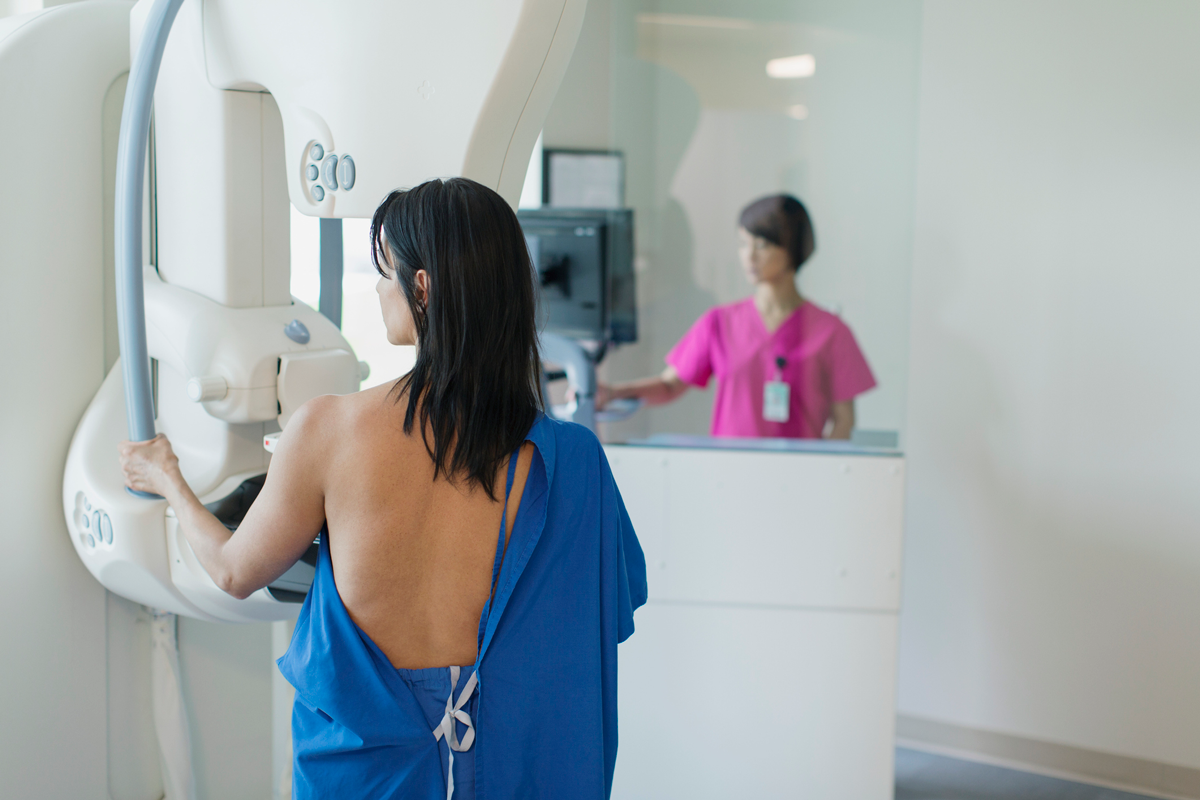I just read that a study was published that breastfeeding increases the risk of colorectal cancer?! Should I stop??
—Concerned exclusively-BF mom
We are all very used to panic headlines about the dangers of not breastfeeding. I spend a good deal of my time debunking these claims. The latest breastfeeding panic headline is the opposite — the claim in this paper is that breastfeeding increases the chance that a child later develops colon cancer. The authors are quick to note that this doesn’t mean you shouldn’t breastfeed, since there are other benefits. But the scare is there: did your choice to breastfeed actually make your child’s long-term health worse?
The paper in question is here. The analysis is relatively straightforward. The authors use data from a large, well-known study called the Nurses’ Health Study, which enrolled a large cohort of female nurses beginning in the 1990s. These women have been followed through at least 2015, with information collected about their health status over that period; this is how the researchers learn about colon cancer. Women in the study are also asked if they were breastfed and, if so, for how long.
The primary finding in the study is that the women who reported being breastfed were more likely to get colon cancer than others. The increase is about 20% to 40%, which sounds large but is small in absolute terms — in the data, they see 1,490 cases in 3.5 million person-years of follow-up.
Given the information the authors had available, this study is well-done (in my view). The sample is large, and the analysis makes sense. To the extent possible, the authors adjust for differences across the groups in terms of demographics.
Having said that, there are a few issues. One they highlight is that the breastfeeding data is self-reported by the individual, which introduces error. This is an example of something that seems like it could be a problem but I think isn’t very important — yes, there is statistical noise, but it’s not likely to impact the results.
A second issue is that there are important demographic differences between the moms who breastfed and those who did not; as in virtually all studies of this type, the breastfeeding mothers are better-educated and have more resources than the non-breastfeeding ones. The way that might impact the results is a little subtle. Generally, more resources are associated with better health, which would push against their findings. In this case, though, I worry a bit about variation in screening. If people with more resources are more likely to be screened, and then more likely to be diagnosed, we might see these results even if the actual incidence of cancer is the same. (This happens with breast cancer screening.)
There are some additional analyses that might be helpful here: a more complete look at screening behaviors, and maybe some placebo tests using other behaviors. At this point, I think this is the range of something to look into more, not something to take to the bank (a point I think the authors would agree with).
A final note: I cannot help but be struck in reading this paper and the commentary on it by how differently things are reported here, versus in similar papers where the finding is in favor of a benefit of breastfeeding. The authors here are tripping over themselves to say that this doesn’t indicate that breastfeeding has risks and to emphasize that this shouldn’t change breastfeeding behavior. In a sense, I do not disagree, given where the evidence is, but … it’s notable given the rhetoric I’d expect if the findings were the opposite.


















Log in